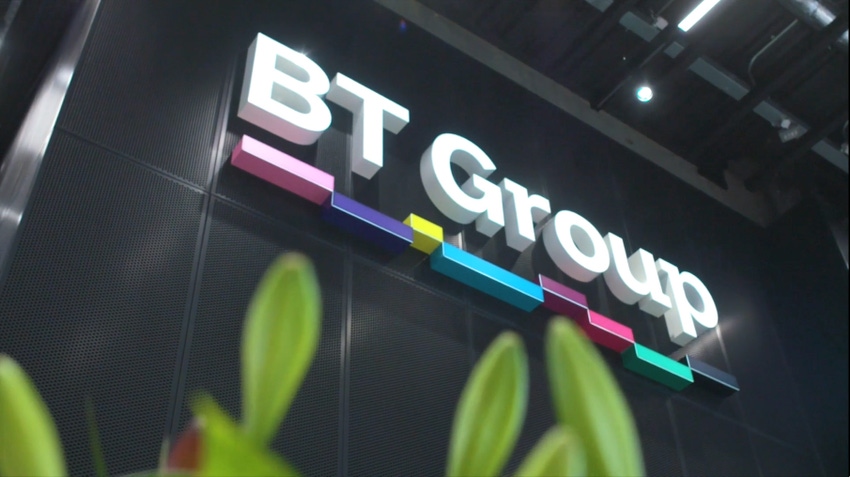Eurobites: Amazon's CodeWhisperer sounds good to BT
Also in today's EMEA regional roundup: Nokia and Orange slip into an extreme deep sleep; BICS hooks up with Skylo; Telefónica and Matsuko tout new hologram tech.

BT is hoping to make its software engineers more efficient by giving them access to Amazon Web Services' CodeWhisperer generative AI tool, which provides real-time AI-powered code suggestions in multiple integrated development environments (IDEs) based on natural-language comments and existing code, across 15 coding languages. It is also claimed that the tool helps developers code more responsibly, by filtering out code suggestions that might be considered biases or unfair. BT says that CodeWhisperer is already providing 15-20 suggestions for code per active users per day, with an acceptance rate of 37% by the engineers using the platform.
"Extreme deep sleep energy saving mode." Hmmm, doesn't that sound lovely? Well, Nokia and Orange obviously think so too, because Nokia has introduced it, and Orange plans to roll it out in the second half of 2024 to improve the energy efficiency of its mobile networks without impairing performance or the customer experience. The new mode shuts down radio equipment in no-traffic periods and, claims Nokia, can reduce energy consumption at radio level by a factor of eight compared to the traditional "deep sleep" mode.
BICS, the international services arm of Belgium's Proximus, has announced a tie-up with satellite connectivity company Skylo. The partnership will allow BICS to draw upon Skylo's network of geostationary satellites covering 13.7 million square miles of land and sea for direct NB-IoT-to-satellite connectivity for its business customers. Skylo will also use BICS' IPX offering to reach a telco audience, delivering IoT non-terrestrial network (NTN) connectivity to enterprise customers of partner mobile operators and MVNOs.
Meanwhile, parent company Proximus is planning a restructuring on its IT services side, intending to transfer the Proximus B2B activities in IT to its affiliate, PICT. The plan, if it gets the green light from the various stakeholders being consulted, would see the transfer of around 350-400 employees working in the Enterprise business unit of Proximus to PICT as of July 1, 2024. Anne-Sophie Lotgering, currently enterprise market lead of Proximus, will head up the newly created entity.
Telefónica has teamed up with Matsuko and Nvidia to develop new, 5G-based technology that allows users to generate their own holograms as well as 3D holograms of objects under discussion – such as building models, say – for remote meetings using only their smartphone cameras. A special session is being run at Mobile World Congress at Telefónica's booth to demonstrate the technology.
And in yet another collaboration, Switzerland's Sunrise has hooked up with Accenture to offer managed security to Swiss business customers. The Managed Detection and Response (MDR) service will monitor a company's entire IT landscape around the clock, from user devices and the company’s servers, applications and networks, right through to cloud-based IT services.
UK mobile operator EE has enhanced its 4G coverage in five villages in rural North Yorkshire, including the marvellously named Blubberhouses. The upgrades also cover transport routes, such as sections of the East Coast Main Line railway. Most of the masts involved in the project have been built or upgraded as part of the UK government's Shared Rural Network (SRN), a £1 billion initiative to extend 4G connectivity to rural communities.
About the Author(s)
You May Also Like












